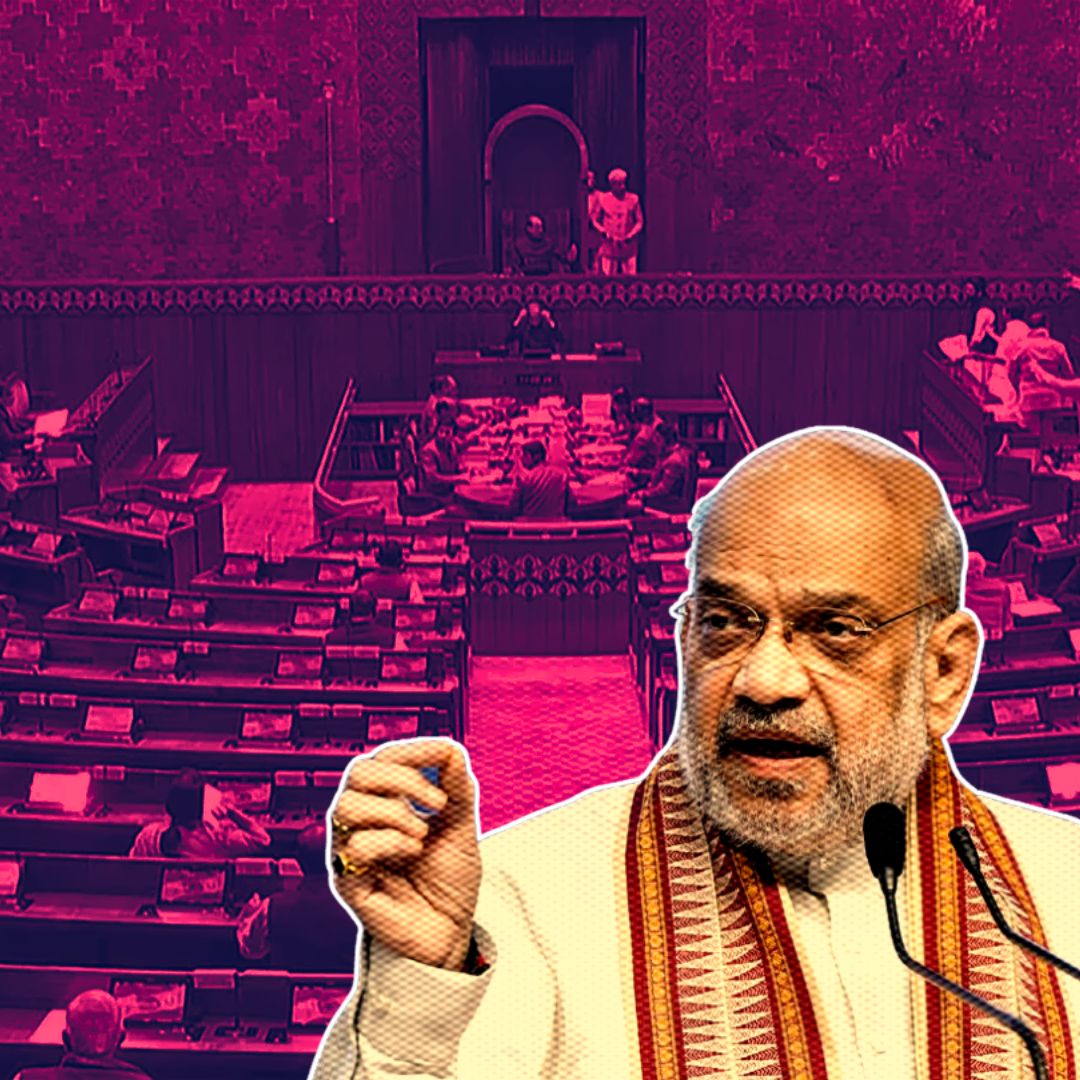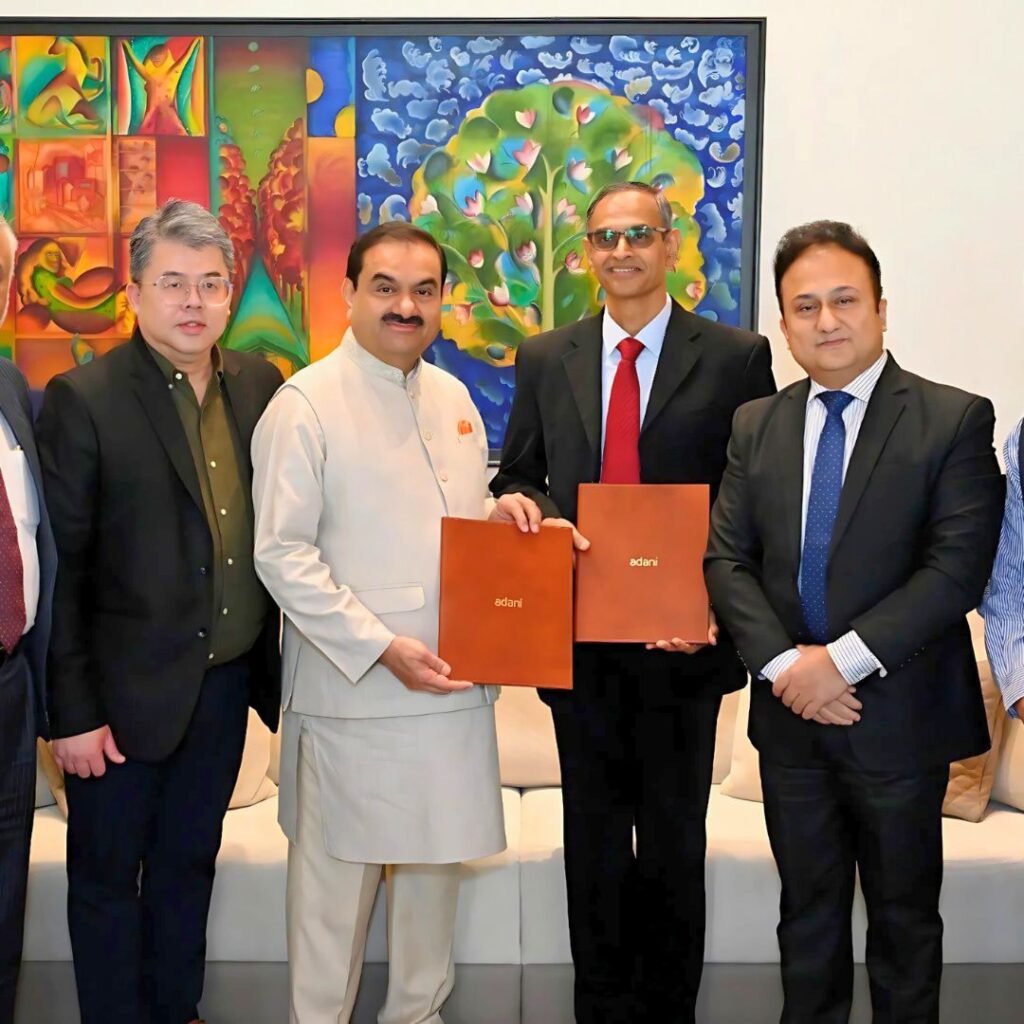The Lok Sabha passed the Immigration and Foreigners Bill, 2025, on March 27, introducing stricter immigration regulations and penalties to modernise India’s immigration framework. This comprehensive legislation replaces four outdated laws and establishes the Bureau of Immigration to streamline visa issuance and monitoring of foreign nationals.
Union Home Minister Amit Shah emphasised that the legislation prioritises national security while welcoming foreigners who contribute positively to India’s development. The bill now moves to the Rajya Sabha for further debate, marking a significant step in India’s approach to immigration.
Comprehensive Overhaul of Immigration Laws
The Immigration and Foreigners Bill, 2025, is a landmark piece of legislation that aims to replace four existing laws: the Passport (Entry into India) Act, 1920; the Registration of Foreigners Act, 1939; the Foreigners Act, 1946; and the Immigration (Carriers’ Liability) Act, 2000.
This consolidation is intended to create a more cohesive and efficient legal framework for managing immigration in India. Key provisions include the establishment of a Bureau of Immigration responsible for overseeing visa issuance and ensuring compliance with immigration regulations. The bill mandates that hotels, universities, hospitals, and airlines report foreigners’ details to authorities, enhancing tracking and monitoring capabilities.
Furthermore, the legislation introduces stringent penalties for violations such as overstaying visas or using fraudulent documents. Home Minister Amit Shah highlighted the government’s commitment to national security by stating, “The nation is not a ‘Dharamshala’… but welcomes those aiding development.” The bill also retains e-visas for citizens from 167 countries and allows nationals from Japan, South Korea, and the UAE to obtain visas on arrival at major airports, facilitating smoother travel for legitimate visitors.
Context Behind the Legislation
The push for this comprehensive reform comes in response to recommendations from parliamentary committees and insights from the Law Commission’s 175th report, which highlighted the need for stringent reforms in immigration laws. Between April 2023 and March 2024, India welcomed over 98 lakh foreign visitors; however, nearly four lakh overstayed their permitted period.
This situation has prompted the government to take decisive action through this legislation. By aligning India’s immigration policies with global standards seen in countries like the United States and Singapore, the government aims to enhance its attractiveness as a destination for business and tourism while ensuring that security concerns are adequately addressed.
Stakeholder Reactions
Following the passage of the bill, various stakeholders have voiced their opinions on its implications. Business leaders have largely welcomed the new framework, viewing it as a means to enhance foreign investment in India by simplifying processes for international businesses looking to establish a presence in the country. They believe that a more efficient immigration system will encourage talent acquisition and foster economic growth.
Conversely, human rights advocates have raised concerns about potential misuse of stringent regulations against specific communities or individuals. They argue that while national security is paramount, it is essential that these laws are implemented fairly and transparently to prevent discrimination or unjust treatment of foreigners. Advocacy groups are calling for safeguards within the legislation to ensure that human rights are upheld even as security measures are strengthened.
The Logical Indian’s Perspective
The Logical Indian firmly believes in supporting progressive reforms that balance national security with inclusivity. While it is crucial to implement stricter regulations to deter illegal immigration effectively, it is equally vital to ensure that these laws do not alienate genuine contributors to India’s growth. As India navigates its role on the global stage, fostering an environment that encourages dialogue and understanding among diverse communities becomes imperative.
How can India create a robust yet compassionate immigration system that fosters coexistence? We invite our readers to share their thoughts on this pressing issue in the comments below! Your insights could contribute significantly to shaping a more inclusive narrative around immigration in our country.











